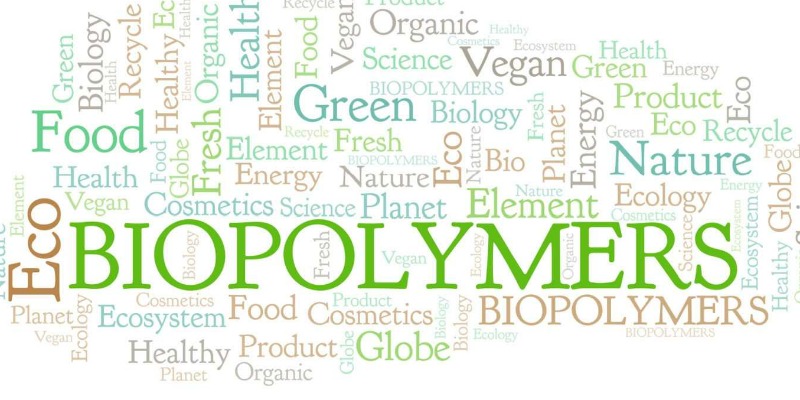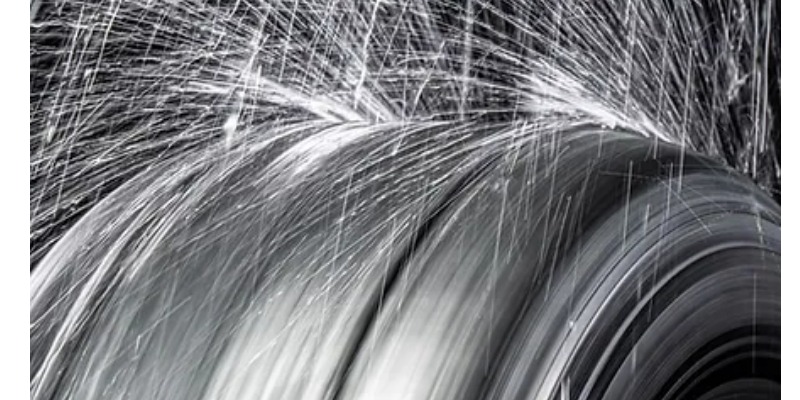
 rMIX: Production of Biopolymers in PBAT for Cleaning Rims and Tires
rMIX: Production of Biopolymers in PBAT for Cleaning Rims and TiresCode: 10481. We produce a PBAT biopolymer suitable for cleaning the rims and tires during car assembly. Wheels and rims in the automotive sector are frequently cleaned using abrasive granules, an effective practice but which, unfortunately, involves the release of large quantities of microplastics into wastewater. By replacing traditional granules with those made with a compostable biomaterial such as PBAT, the problem of microplastics is eliminated, significantly contributing to the reduction of both waste and CO2 emissions. This solution maintains the effectiveness of cleaning unaltered, ensuring the same functionality as conventional methods. If you would like further information on PBAT granules suitable for cleaning rims and tyres, contact our sales office. Origin: Sweden Category: Biopolymers - PBAT - granule - automotive - rim and wheel cleaning If you are subscribed to rMIX contact the company, if you are not, subscribe by choosing the contract you prefer .
SEE MORE
 rMIX: Production of Biopolymer in PBAT for Automotive Film Blowing
rMIX: Production of Biopolymer in PBAT for Automotive Film BlowingCode: 10480. We produce a PBAT biopolymer suitable for film blowing in the automotive sector. The use of disposable plastic car covers results in the production of a significant amount of waste. When these covers are blown away by the wind, they can end up in the environment, where they persist for a long time. By creating car covering films with a compostable biomaterial in PBAT, it is possible to significantly reduce both the amount of waste generated and CO2 emissions, while maintaining their main function unchanged. If these PBAT covers accidentally end up in the environment, they will decompose quickly, without releasing microplastics. This biodegradable PBAT biomaterial is designed for use in applications requiring the production of thin films , and complies with the criteria for home composting. It is mainly composed of a biodegradable aliphatic-aromatic copolyester, enriched with minerals and vegetable oils, offering excellent possibilities for the creation of films with reduced thickness. Origin: Sweden Category: Biopolymer - PBAT - granule - automotive - car covering film If you are subscribed to rMIX contact the company, if you are not, subscribe by choosing the contract you prefer .
SEE MORE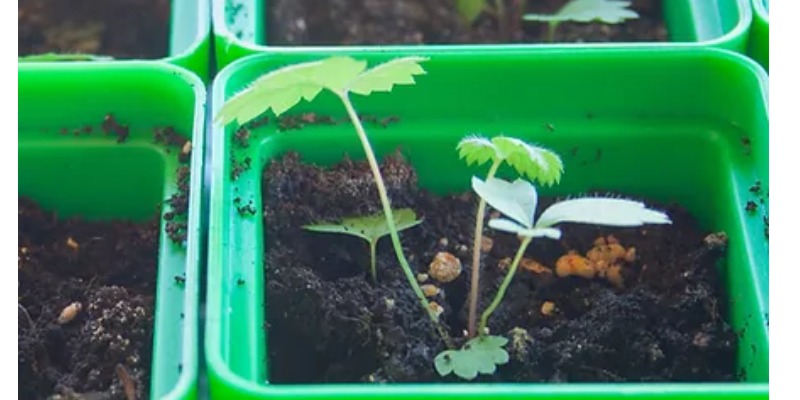
 rMIX: Production of Biopolymer for Pots and Trays in the Horticultural Sector
rMIX: Production of Biopolymer for Pots and Trays in the Horticultural SectorCode: 10479. We produce a line of PBAT biopolymers, suitable for the production of pots and trays for plants in the horticultural sector. Disposable plastic pots and trays are significant sources of waste and require considerable resources to produce, also contributing to high CO2 emissions. However, when these products are manufactured with a compostable biomaterial in PBAT, the environmental impact changes dramatically. These PBAT pots can be left around plants when planting in soil, as they will naturally degrade and disappear, eliminating the problem of microplastics. If you would like more information on PBAT biopolymers suitable for the production of pots and trays for horticulture, contact our sales office. Origin: Sweden Category: Biopolymer - PBAT - granule - floriculture - pots - trays If you are subscribed to rMIX contact the company, if you are not, subscribe by choosing the contract you prefer .
SEE MORE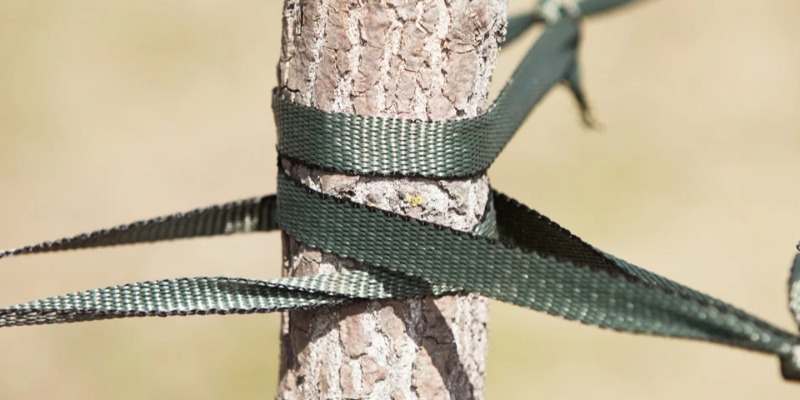
 rMIX: Production of Biopolymer (PBAT) for Agricultural Binding Bands
rMIX: Production of Biopolymer (PBAT) for Agricultural Binding BandsCode: 10478. We produce a line of PBAT biopolymer granules suitable for the production of sustainable agricultural accessories, such as plant binding ties. Plastic clips and ties are commonly used to support plants during various stages of their growth. However, these objects are rarely recycled, contributing to their accumulation in soils or municipal solid waste. By using clips and plant ties made of a compostable biomaterial, you can significantly reduce your environmental impact , in terms of both waste produced and CO2 emissions, while maintaining their original functionality. If these accidentally end up in the natural environment, they will degrade biologically, disappearing without leaving traces of microplastics. If you would like more information on biopolymers (PBAT) for clips and ties for tying plants, contact our sales office. Origin: Sweden Category: Biopolymers - PBAT - granules If you are subscribed to rMIX contact the company, if you are not, subscribe by choosing the contract you prefer .
SEE MORE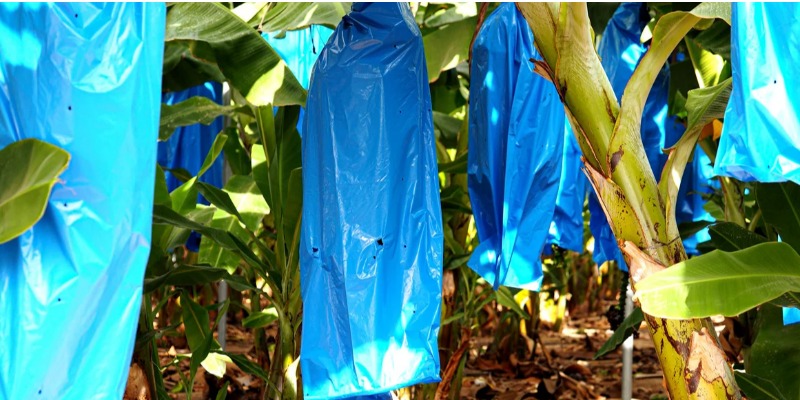
 rMIX: Production of Biodegradable PBAT Granules for Agriculture
rMIX: Production of Biodegradable PBAT Granules for AgricultureCode: 10477. We produce a biodegradable PBAT granule suitable for sustainable banana cultivation and other applications. PBAT granule is a biodegradable biomaterial designed for use in blow mold film production applications. It stands out for being compliant with home composting requirements. Its composition includes a biodegradable polymer of the aliphatic-aromatic copolyester type, enriched with minerals and vegetable oils. PBAT shows considerable potential for making thin films, making it ideal for the production of items such as shopping bags, waste bags, aprons, and breathable films. The main characteristics of the PBAT are: - A processing temperature range that varies between 140 and 155 degrees Celsius. - Excellent workability on traditional blown film production lines. - The ability to produce films with thicknesses as thin as 10 micrometres, with typical thicknesses ranging between 18 and 120 micrometres. - Good mechanical properties which guarantee its resistance and durability. - Moisture resistance, making it suitable for making organic waste bags. - Excellent welding capabilities to ensure secure closure of bags. - Possibility of being decorated with water-based flexographic printing techniques. - Certification of biodegradability at room temperature for films up to 70 micrometers thick. - Ready to use without the need for further treatments. Technical characteristics of the PBAT granule: Density: g/cm3 1.40 Apparent density: kg/m3 800 MFI: 4.0-6.5 190°C/ 2.16 kg. Melting Temp.: 125 °C HDT: °C 88 Tensile Strength (MD): 21 MPa Module E (MD): 107 MPa Elongation (MD): 430% Home composting: 70 Microns Industrial composting: 120 Microns Food contact: Yes Origin: Sweden Category: BioPolymers - PBAT- granule - agriculture If you are subscribed to rMIX contact the company, if you are not, subscribe by choosing the contract you prefer .
SEE MORE
